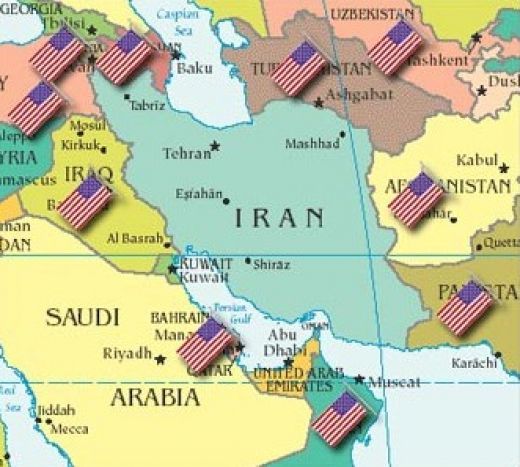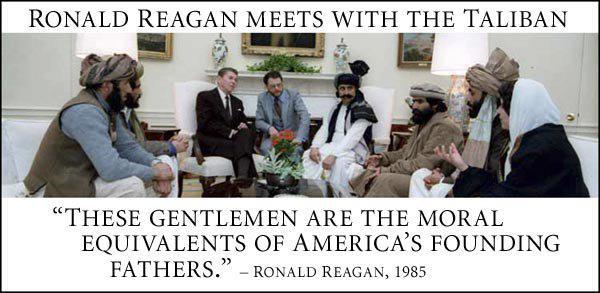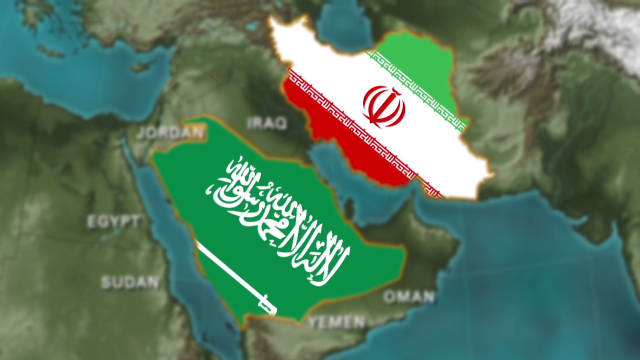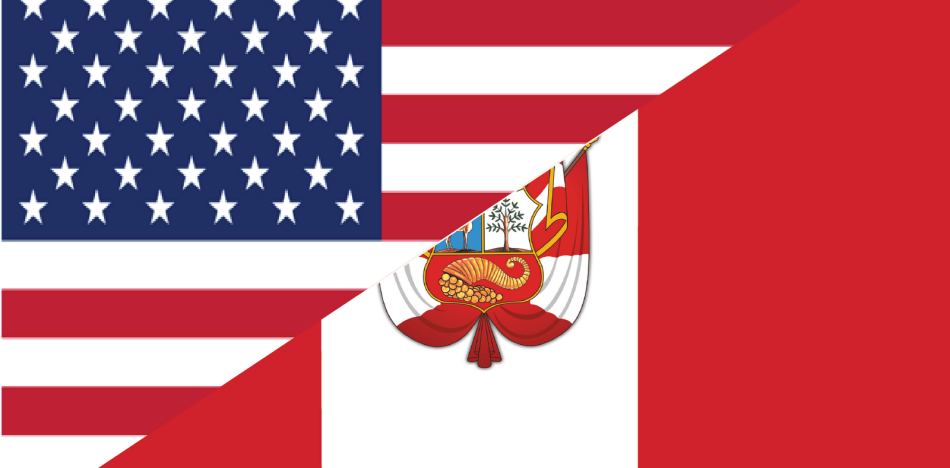“Nobody gets involved in the Middle East and comes out of it the good guy.” This is both a cynical and truthful take on the state of affairs in the Middle East espoused by fictitious Secretary of State Catherine Durant on Netflix’s hit show, House of Cards.
And to many, the Middle East may be its own house of cards. Since the 1980s, the United States government, in an effort to assert its status as a world superpower, has interjected itself in Middle Eastern affairs. Beginning in Lebanon, the saga of the United States’ intervention in the Middle East has sprawled through Iraq, Iran, Afghanistan, Pakistan, Israel, Turkey, and, most recently, Syria.

Attaining peace in the Middle East is a noble goal, but an incorrect assertion made by American presidents and diplomats is that once the head of evil is sawed off, another one won’t replace it. This had led American’s foreign policy in the Middle East to be very near-sighted and simplistic: to get rid of the bad guys.
In the 1980s, the bad guys in Afghanistan were the Soviets, who had invaded to maintain the People’s Democratic Party of Afghanistan (PDP) communist regime, and President Ronald Reagan sought to displace them. President Reagan’s strategy was finding a mutual enemy of the Soviets, which Reagan found in the form of the mujahideen. Through collaboration with Saudi Arabia, the United States supplied the mujahideen with weaponry to be used to topple the Marxist Afghan government and repel the Soviets, a goal that was successful, but would soon create further problems for the United States.
The mistake that President Reagan made in Afghanistan is the same mistake President Obama made and that President Trump is currently making in Syria: believing that the enemy of our enemy is our friend. Just as the United States had little in common with the mujahideen, and later the Taliban, the United States has little in common with the Syrian rebels. Both are radical fundamentalist Islamists who support jihad against the West.
The United States is currently employing the CIA and the Pentagon to train and equip member of the Free Syrian Army in order to help them overthrow Syrian despot Bashar al-Assad. And while toppling the dictatorial al-Assad regime could very well be a stepping stone to peace in Syria, the means through which the United States is attempting to do so will only replace one evil with another, as it has been estimated that 60% of the Free Syrian Army adheres to some branch of Islamist ideology, with half of them sympathizing with the Islamic State’s jihad against the West.
The Syrian rebels and the United States have a common enemy, but that does not, and should not, make the two parties friends. The United States a bastion of freedom, individual rights, and equality, which are the exact pillars of Western civilization that over half of the free Syrian army want to see destroyed.

The only position held in common with the Syrian rebels by the United States is an opposition to al-Assad, and should his regime fall, the only bond linking the Syrian rebels to the United States will be broken, and the FSA will have no more incentive to collaborating with a government they hold utter contempt for.
Even should al-Assad fall, the head of evil will soon grow back in the form of whatever government is erected by the FSA. And unlike al-Assad’s regime, this regime will be hostile towards the West, posing a larger threat to America than al-Assad does.
Attaining peace and spreading liberal values throughout the world is a noble goal, and one that should be pursued, but it can’t be attained through funding the Syrian rebels. Just as in Afghanistan in the 1980s, once the government falls, the power vacuum will need to be filled, and the most likely candidate to fill that void is the FSA, a group that will wage jihad against the West in the same fashion as ISIS, and will subjugate women, homosexuals, transgenders, apostates, and non-Muslims, both of which are the antithesis of American interests.
Funding the Free Syrian Army, ultimately, has two plausible outcomes: Bashar al-Assad remains in power or Bashar al-Assad falls, and the FSA assumes power, the latter of which will lead to the creation of an illiberal government hostile to the United States and the West.








